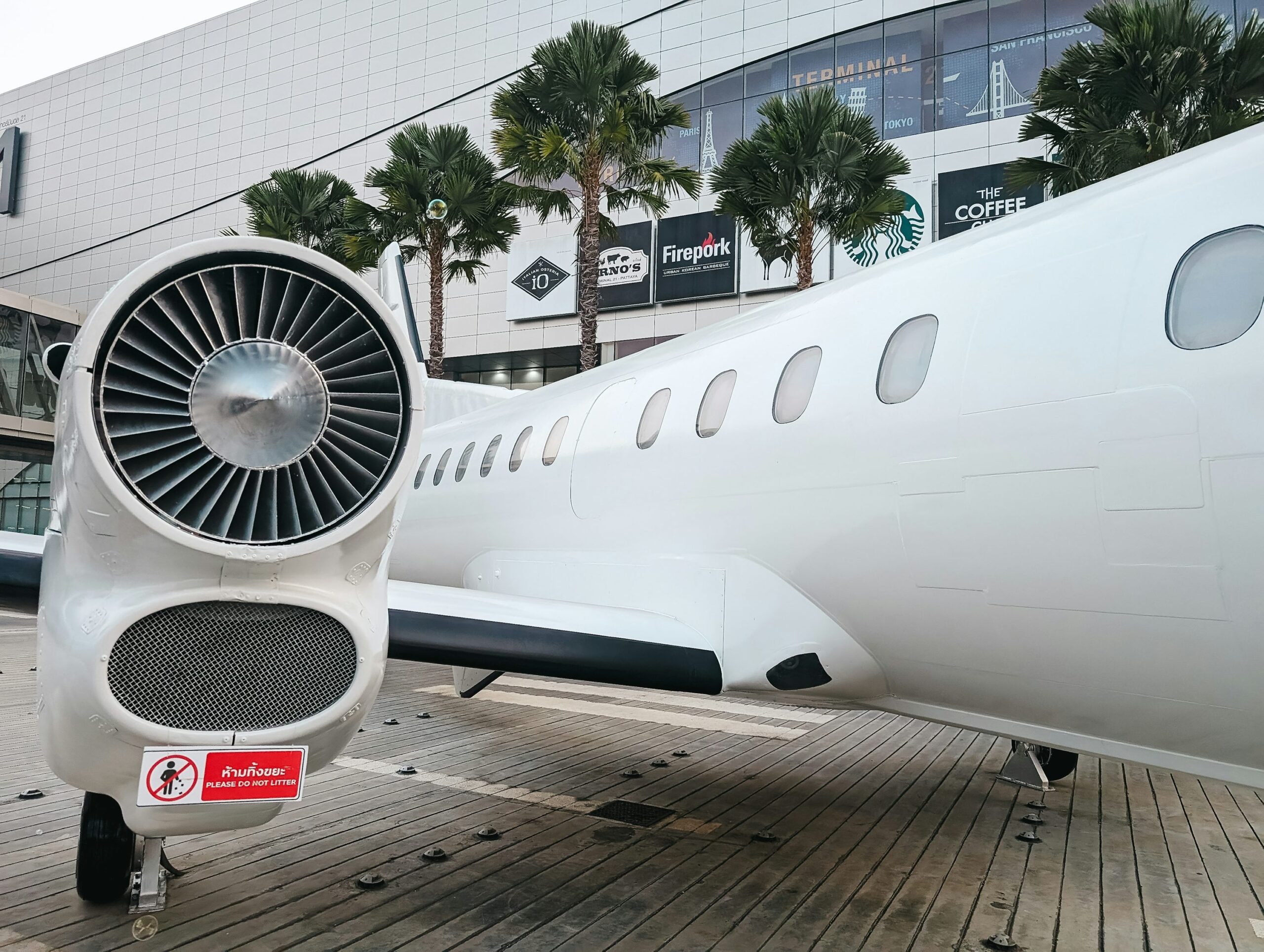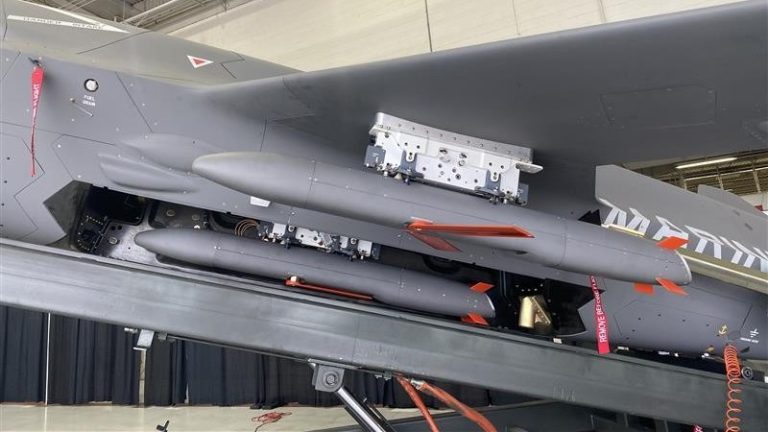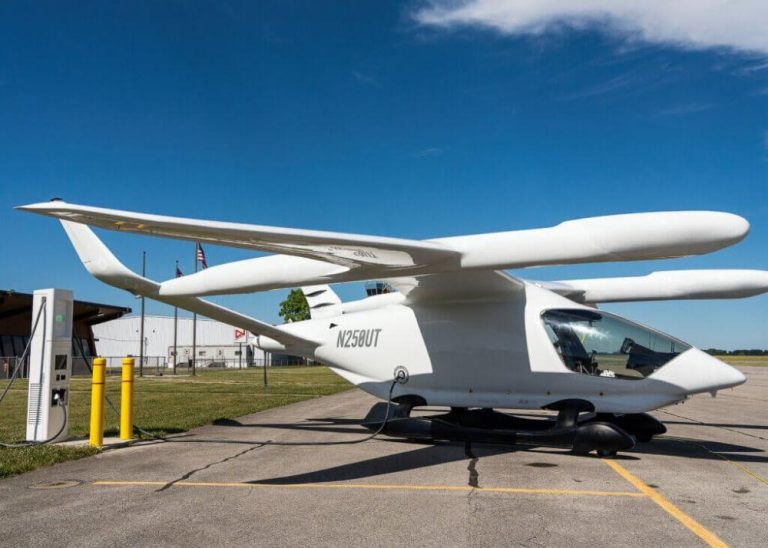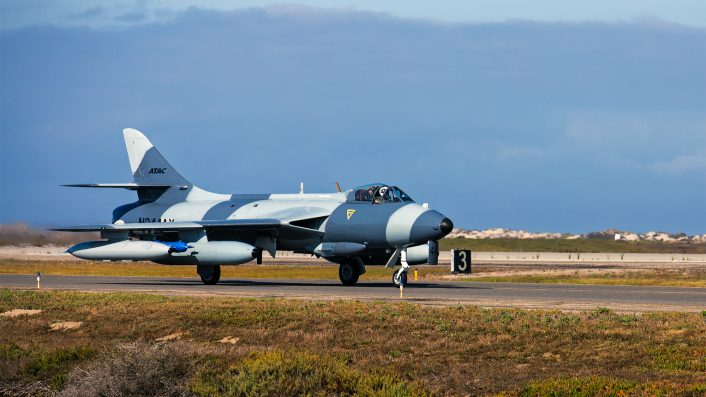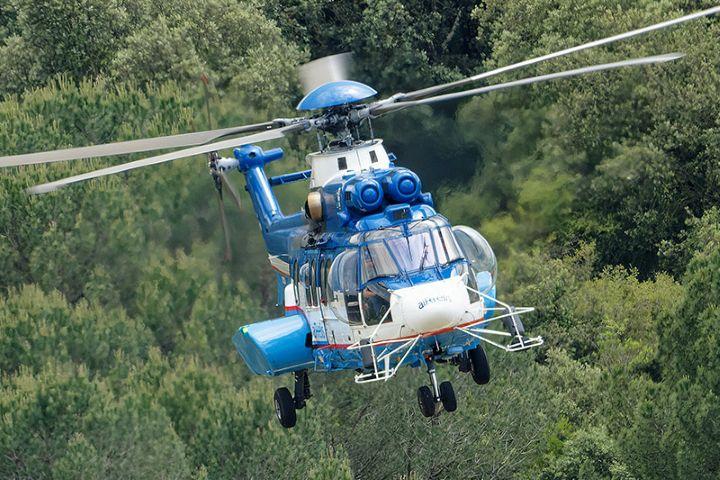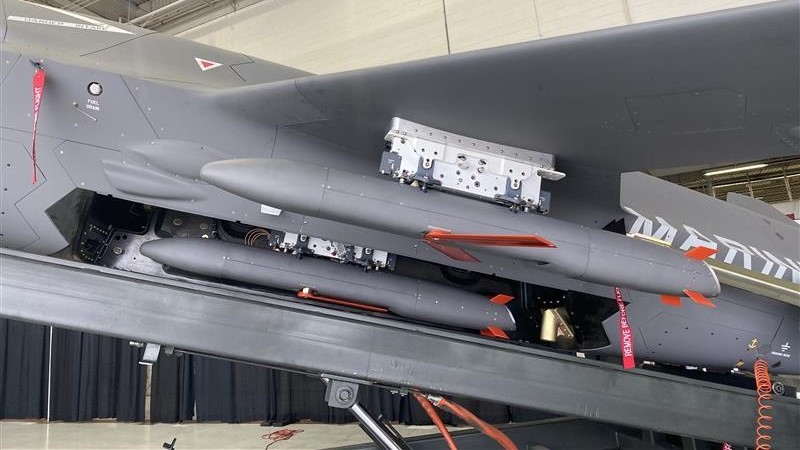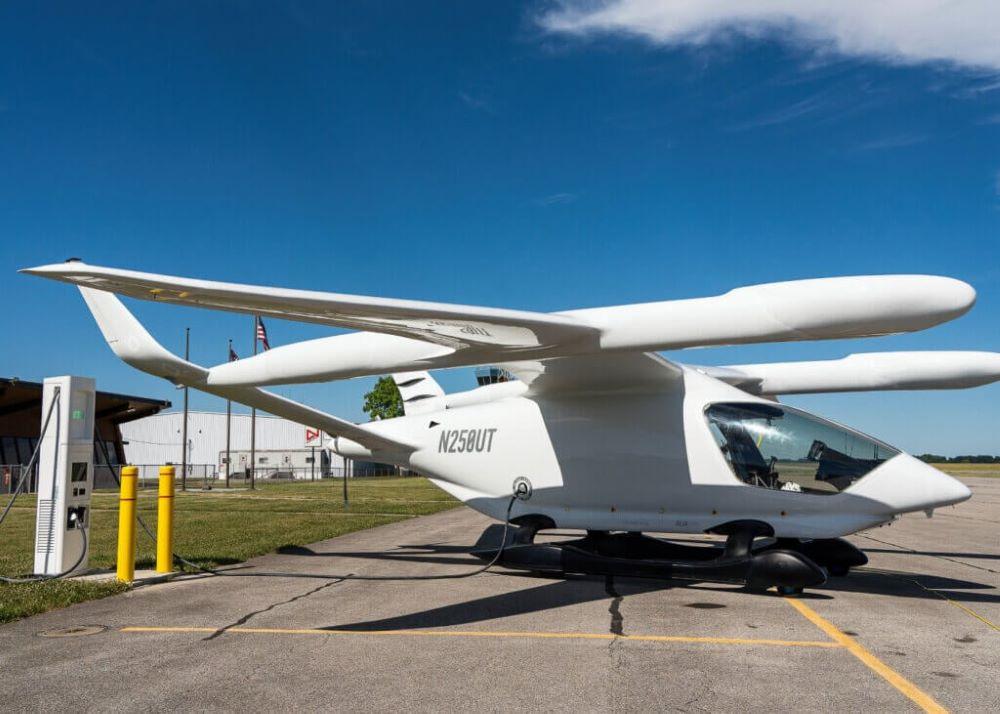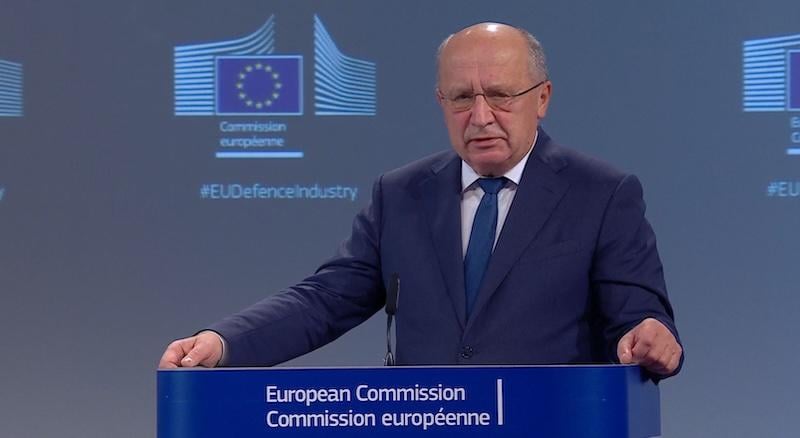Private aviation has long been criticized for its environmental footprint. With relatively few passengers per flight, private jets contribute disproportionately to carbon emissions. However, the industry is taking steps to address these concerns through innovation and sustainability initiatives.
One of the most promising developments is the adoption of Sustainable Aviation Fuel (SAF). Several private aviation operators, including VistaJet and NetJets, have announced commitments to using SAF in order to reduce carbon emissions. While SAF currently makes up only a small portion of global fuel supply, its use in private jets is growing steadily.
Manufacturers are also playing a key role. Dassault’s Falcon 10X and Bombardier’s Global 8000 are examples of next-generation aircraft that combine luxury with improved fuel efficiency. Some companies are even exploring electric and hybrid aircraft for short-haul private flights.
Another trend is the use of carbon offset programs. Many charter operators now offer customers the option to offset their flight emissions by investing in renewable energy or reforestation projects. While offsets are not a perfect solution, they represent an important step toward more responsible aviation practices.
In addition, digital platforms are helping optimize private jet usage. Empty-leg flights—when a jet is flying without passengers—have long been a source of inefficiency. Now, apps and booking platforms are matching customers with these flights, reducing waste and maximizing efficiency.
The pressure to go green is coming not only from regulators and environmental groups but also from customers. High-profile travelers and corporations want to demonstrate their commitment to sustainability, and private aviation providers are responding.
The future of private aviation may look very different from its past. With technology advancing rapidly, greener fuels, better efficiency, and even electric aircraft could help transform the industry into a more environmentally responsible sector.

